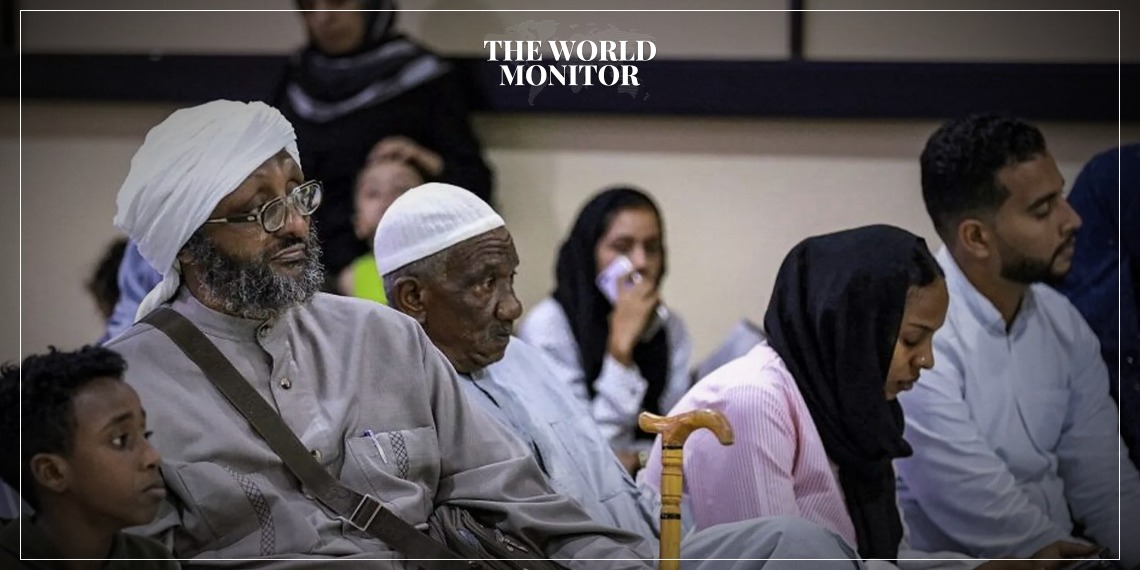The United Nations has revealed a harrowing situation in Sudan, where over 6 million people have been forced to flee their homes due to the ongoing military conflict between the Sudanese army and Rapid Support Forces since mid-April. This alarming statistic was disclosed in a recent report by the UN Office for the Coordination of Humanitarian Affairs (OCHA).
According to OCHA’s latest report, the war has displaced approximately 4.9 million people, who have sought refuge in over 5,191 locations across all 18 states of Sudan. A significant portion of this displacement, around 68% or 3.3 million people, originated from the capital, Khartoum. Additionally, in the past month alone, 85,000 Sudanese have fled to neighboring countries, bringing the total number of cross-border refugees to 1.2 million. These refugees have sought safety in Central African Republic, Chad, Egypt, Ethiopia, and South Sudan.
The conflict has not only caused mass displacement but also led to the destruction of infrastructure, manufacturing facilities, and trade institutions, resulting in widespread unemployment. This situation has escalated to severe hunger, affecting 20.3 million people, with more than 6 million on the brink of famine.
OCHA’s report highlights Sudan as facing one of the worst humanitarian crises in recent history. Despite this, the UN’s plan to provide aid and protection, worth $2.6 billion, has been funded only 33.8%. The report also emphasizes that Sudan is currently experiencing the world’s largest child displacement crisis, with 3 million children fleeing widespread violence.
Since mid-April, Khartoum and its neighboring cities have witnessed fierce fighting between the armed forces and the Rapid Support Forces due to political and security disputes. This conflict has displaced over five million Sudanese within and outside the country and resulted in the deaths of more than 5,000 civilians. The situation has necessitated intervention from local and international humanitarian organizations to assist those affected.
Negotiations continue between the Sudanese Armed Forces and the Rapid Support Forces, with mediation from Saudi Arabia, the United States, and the African IGAD organization in Jeddah. The ongoing crisis in Sudan not only signifies a severe humanitarian emergency but also underscores the urgent need for international support and a coordinated response to alleviate the suffering of millions.






